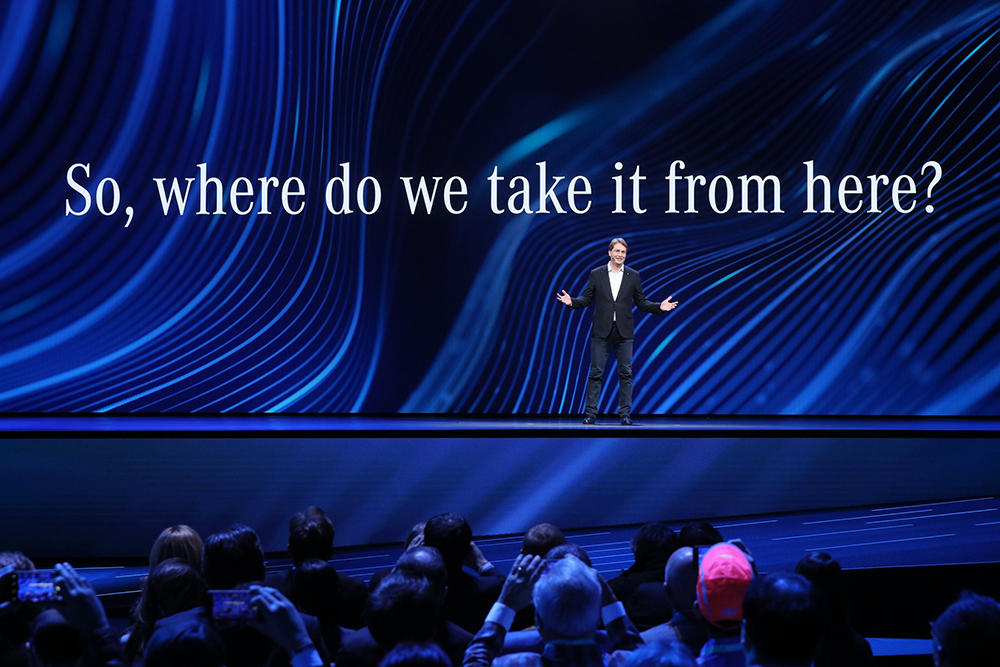Increasing cooperation between the public and private sector and a less rigid approach to standards formulation are the keys to transportation’s future, according to Chris Vein, the Deputy White House Chief Technology Officer.

Increasing cooperation between the public and private sector and a less rigid approach to standards formulation are the keys to transportation’s future, according to Chris Vein, the Deputy White House Chief Technology Officer.
Vein was speaking yesterday during a roundtable panel on innovation and transportation which also included ITS America’s President and CEO Scott Belcher,1984 Verizon’s Vice President – Telematics Martin T. Thall and Robert Brown, Vice President Sustainability, Environment and Safety Engineering with 278 Ford Motor Company.
Expanding on the theme of Open Innovation, Vein talked about efforts to make data held by federal government more readily available to entrepreneurs in order to facilitate the solving of the issues which currently bedevil our transportation networks. He also touched on the concept of consensus standards definition as a faster means of development than the more traditional, bureaucratic, government-led processes. However, he warned, any such efforts have to be done with intelligence “so that we don’t have too many people doing too many things”.
Government has to recognise that the private sector often knows best what the solutions to a problem may be, he continued, adding that public-private cooperation offers increased opportunities to solve issues such as distracted driving and improve safety.
Vein was speaking yesterday during a roundtable panel on innovation and transportation which also included ITS America’s President and CEO Scott Belcher,
Expanding on the theme of Open Innovation, Vein talked about efforts to make data held by federal government more readily available to entrepreneurs in order to facilitate the solving of the issues which currently bedevil our transportation networks. He also touched on the concept of consensus standards definition as a faster means of development than the more traditional, bureaucratic, government-led processes. However, he warned, any such efforts have to be done with intelligence “so that we don’t have too many people doing too many things”.
Government has to recognise that the private sector often knows best what the solutions to a problem may be, he continued, adding that public-private cooperation offers increased opportunities to solve issues such as distracted driving and improve safety.










